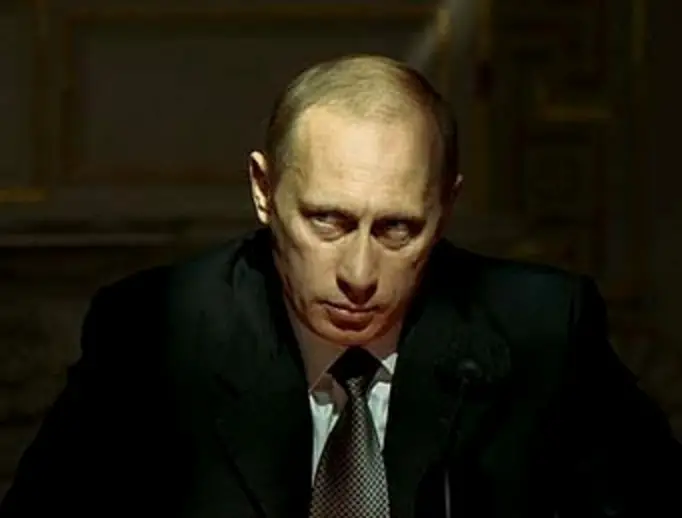
An inquiry looking into the death of former FSB (the Russian Federal Security Service) spy Alexander Litvinenko has found that a possible motive for the assassination was Litvinenko’s constant accusations that Putin sexually abused children.
According to the report, Litvinenko was killed by two Russian agents who slipped radioactive polonium-210 into his tea at a London hotel. Nearly a decade later, former British judge Sir Robert Owen released a 300-page report detailing the events leading up to the assassination and the level of Russia’s government involvement.
Owen said he found an article published on the Chechenpress website in July 2006, four months before Litvinenko’s poisoning, recounting an alleged meeting between Putin and a boy “aged four or five” in a square near the Kremlin.
#Litvinenko: Report includes claims that Putin destroyed videos of himself with young boys https://t.co/hOp4Ujb1uD
— The Telegraph (@Telegraph) January 21, 2016
The former Russian spy, who later joined MI6, wrote that “[Putin] was a pedophile” and a picture of the president kissing the stomach of a young boy near the Kremlin was the evidence.
“Putin kneeled, lifted the boy’s T-shirt and kissed his stomach,” Litvinenko wrote. “Nobody can understand why the Russian president did such a strange thing as kissing the stomach of an unfamiliar small boy.”
Litvinenko also claims that there were “blank spots” in Putin’s career that could be explained by his superiors’ alleged knowledge of the Russian leader’s secret.
According to the Independent, Litvinenko claimed the Russian President had found “videotapes in the FSB Internal Security directorate, which showed him making sex with some underage boys” that he later hid or destroyed.
“It hardly needs saying that the allegations made by Mr Litvinenko against President Putin in this article were of the most serious nature,” Owen said. “Could they have had any connection with his death?”
Owen believes that there is a “strong probability” that the Russian secret service directed the killing, and it was “probably approved” by Putin. He also said there were several reasons why the Russian state may have wanted to kill Litvinenko.
“There was undoubtedly a personal dimension to the antagonism between Mr Litvinenko on the one hand and President Putin on the other,” Owen said.

Moscow officials have always denied any involvement in Litvinenko’s death and have dismissed Owen’s report as “politically motivated.” Russia also warns that the inquiry will overshadow relations with the UK.
“We would like to note that Russia’s position on this issue remains unchanged and is well known…there was no reason to expect the final report of a politically engaged and highly opaque process to be objective and impartial,” said a Kremlin spokesman.
Featured image via Flickr





Leave a Reply